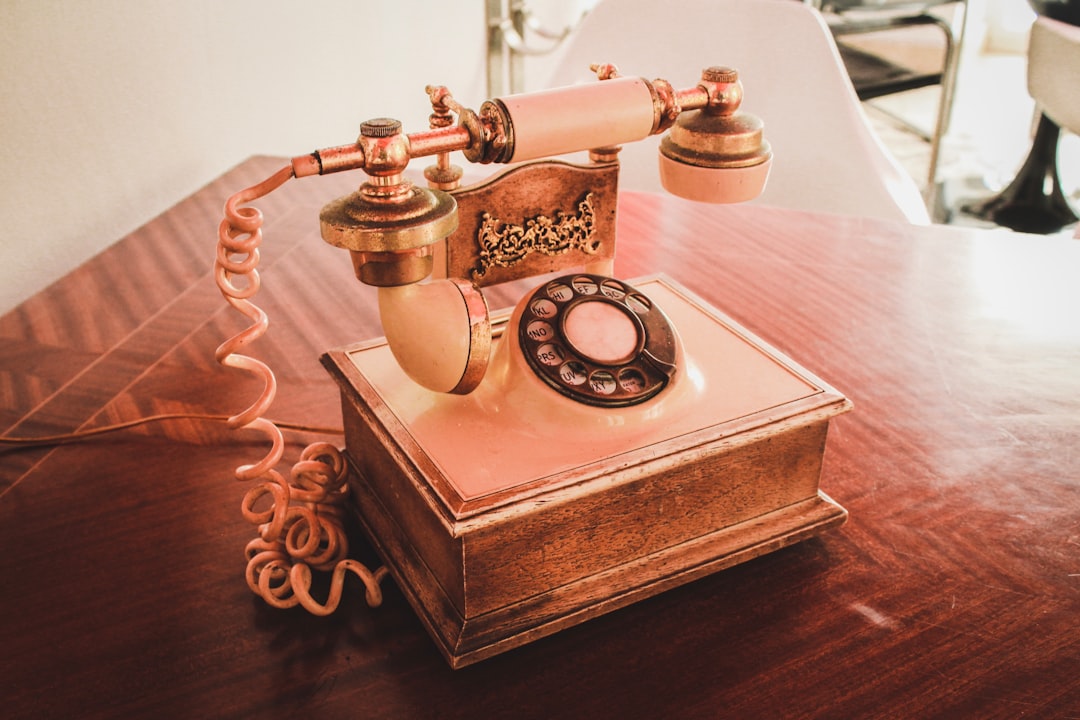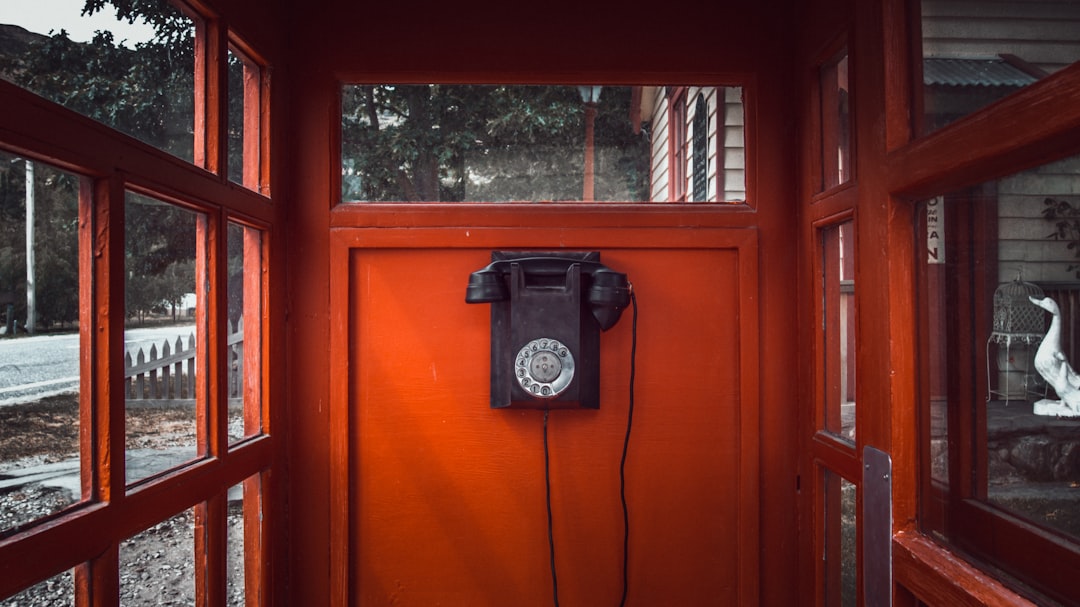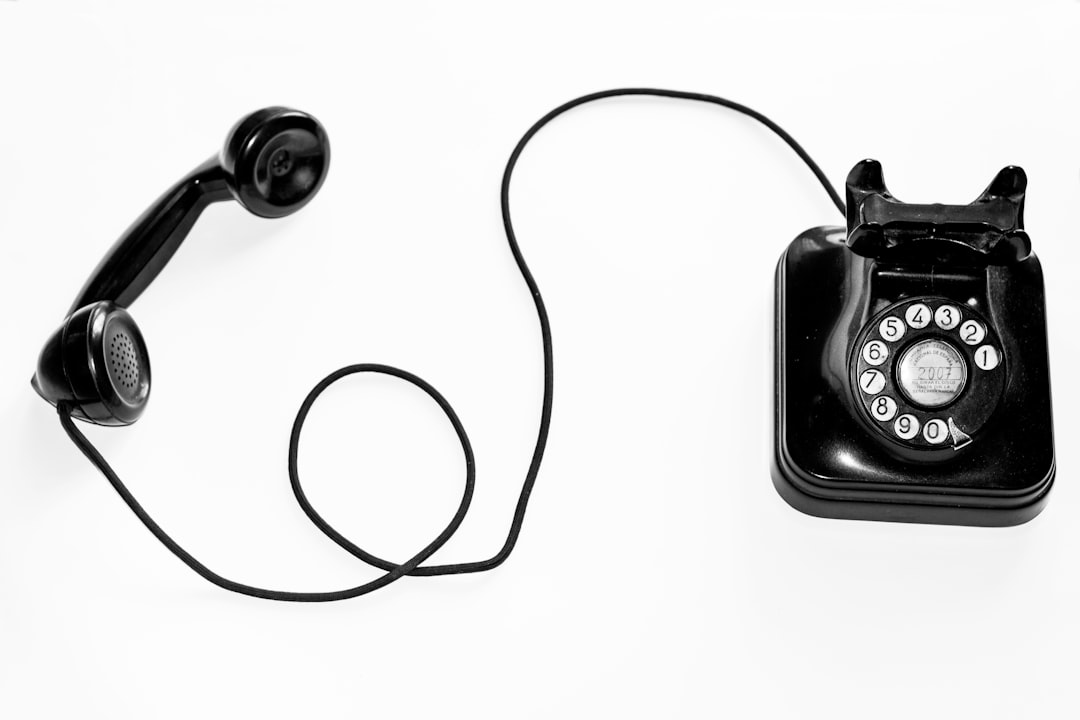Robocalls are a growing concern in Minnesota, but residents have legal protections and options. The Telephone Consumer Protection Act (TCPA) allows individuals to sue for compensation per violation of unwanted robocalls. Minnesota law enforcement uses advanced technologies and education to combat robocalls, while local resources like the Attorney General's Office and consumer protection organizations guide residents on their rights and potential legal actions, including suing for robocalls in Minnesota.
In the digital age, robocalls have become a pervasive nuisance in Minnesota, affecting millions with unwanted calls from telemarketers, scammers, and spammers. While state laws offer some protection, many residents wonder: Can I sue for robocalls in Minnesota? This article explores the multifaceted issue, delving into the impact of robocalls, legal options available, and a crucial role played by local law enforcement in combating this modern-day challenge. We also provide practical strategies to mitigate robocall nuisance and direct residents to valuable resources for support.
Understanding Robocalls and Their Impact in Minnesota
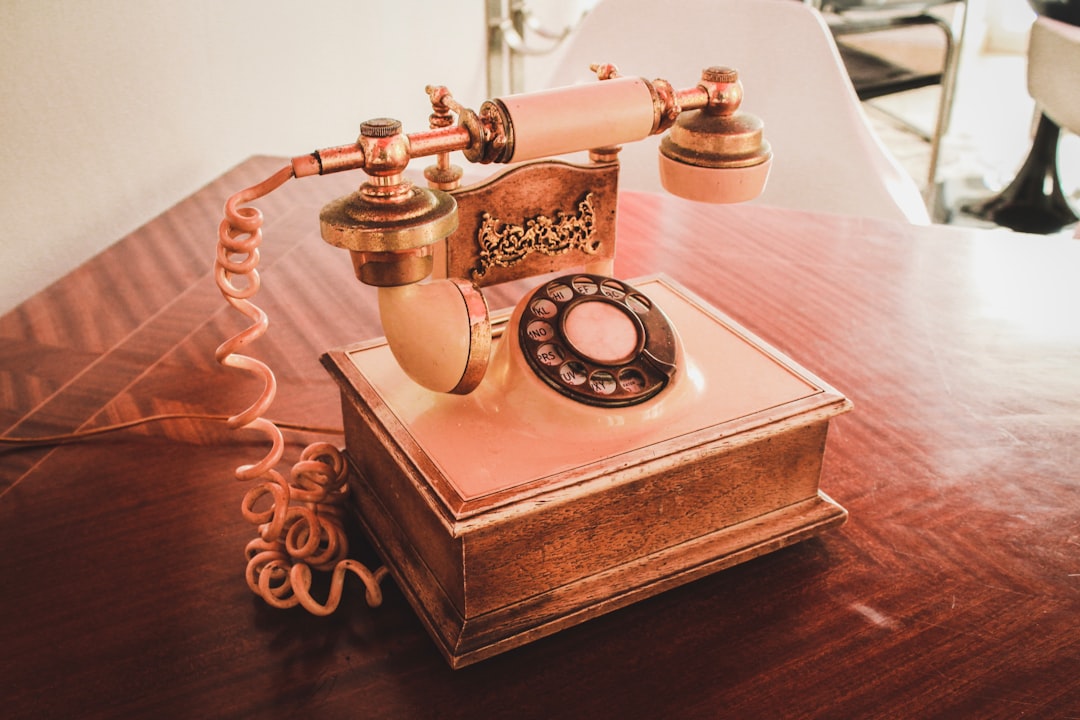
Robocalls, automated phone calls that deliver pre-recorded messages, have become a ubiquitous nuisance across Minnesota and beyond. While many robocalls promote legitimate services or organizations, others are used for fraudulent activities, like telemarketing scams, identity theft, and political deception. The sheer volume of these unwanted calls has significantly impacted the daily lives of Minnesotans, leading to frustration and even financial harm.
In Minnesota, as in many states, individuals often ask if they can sue for robocalls. The short answer is yes; several laws protect consumers from excessive or deceptive robocalling practices. However, navigating legal options can be complex. It’s crucial to understand the specific laws governing telemarketing and consumer protection in Minnesota to determine the best course of action when dealing with persistent or malicious robocalls.
The Legal Framework: Can You Sue for Robocalls?
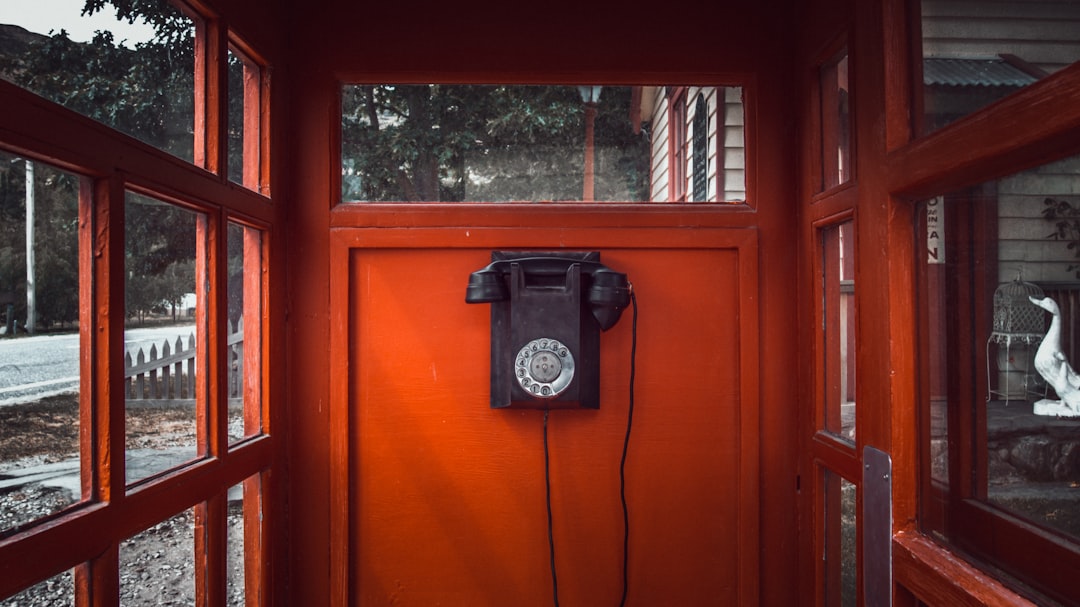
In the United States, including Minnesota, the Legal Framework for addressing robocalls is primarily governed by the Telephone Consumer Protection Act (TCPA). This federal law prohibits automated telephone marketing and establishes strict guidelines for making telemarketing calls, including robocalls. If a person receives unwanted robocalls, they have legal recourse.
The TCPA allows individuals to take legal action against businesses or persons sending unsolicited robocalls. Suing for robocalls in Minnesota is possible if the calls violate the TCPA by not having prior express consent from the recipient. Damage awards can include monetary compensation for each violation, making it a powerful tool to deter spam calls.
The Role of Local Law Enforcement in Combating Robocalls
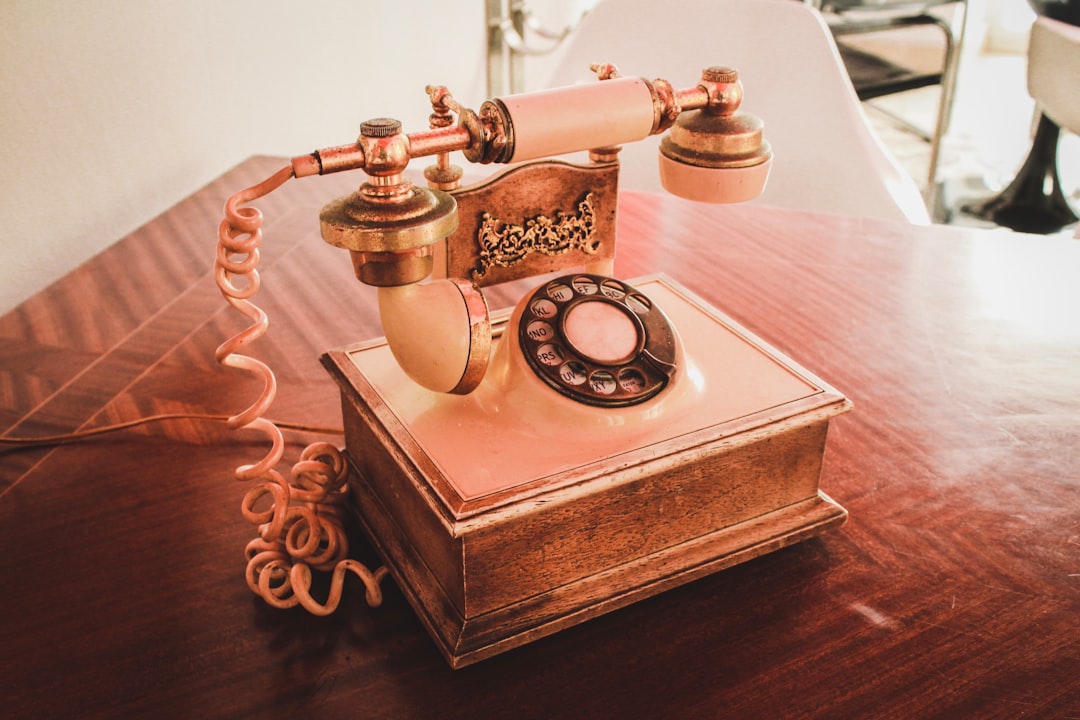
Local law enforcement plays a pivotal role in combating robocalls, especially in states like Minnesota where citizens can sue for robocalls if they meet certain criteria. These agencies are on the front lines, working to mitigate the nuisance and potential dangers associated with unsolicited automated calls. Through collaboration with telecommunications providers, they trace and disrupt call patterns, often utilizing advanced technologies to identify and penalize offenders.
Moreover, local law enforcement educates communities about robocall strategies and helps them understand their rights under Minnesota’s consumer protection laws. They organize awareness campaigns, providing practical tips to citizens on how to block or report unwanted calls effectively. This dual approach of enforcement and public information dissemination empowers residents to take proactive measures against robocalls while holding perpetrators accountable.
Effective Strategies to Address and Reduce Robocalls
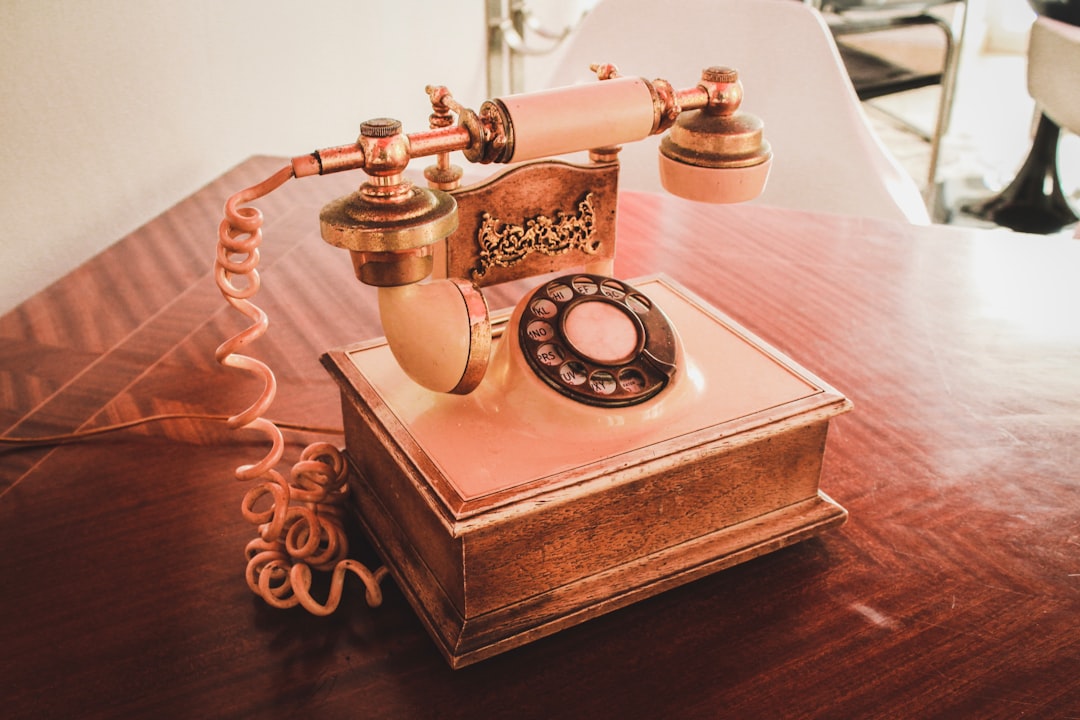
Robocalls have become a pervasive and frustrating issue for many individuals, prompting many to wonder if they can sue for robocalls in Minnesota. To effectively address this growing problem, local law enforcement agencies must employ strategic approaches that go beyond traditional methods. One key strategy is to educate the public about robocall tactics and how to identify suspicious calls. This awareness can empower citizens to take proactive measures, such as blocking unknown numbers or reporting suspected spam calls.
Furthermore, local police can collaborate with telecommunications providers to implement advanced call-blocking technologies and filter systems. These tools can automatically detect and block robocalls at the network level, significantly reducing their reach. Additionally, law enforcement should work closely with prosecutors to bring charges against phone scammers, setting a precedent and potentially deterring similar activities. By combining public education, technological advancements, and legal action, local law enforcement in Minnesota can make substantial progress in addressing and reducing the nuisance of robocalls.
Resources and Support for Minnesota Residents Affected by Robocalls

Minnesota residents affected by robocalls have several resources and support options available to them. The Minnesota Attorney General’s Office provides guidance and assistance to consumers dealing with unwanted phone calls, including robocalls. They offer a Robocall Complaint Form that allows individuals to report suspicious or harassing calls, which can aid in gathering data for potential legal actions against the perpetrators.
Additionally, there are consumer protection organizations and legal aid societies in Minnesota that offer free consulting services to help residents understand their rights regarding robocalls. While suing for robocalls is an option, as specified by state laws, it’s important to note that individual cases may vary, and seeking professional advice can provide clearer insights into potential legal remedies, including whether you can sue for robocalls in Minnesota.

